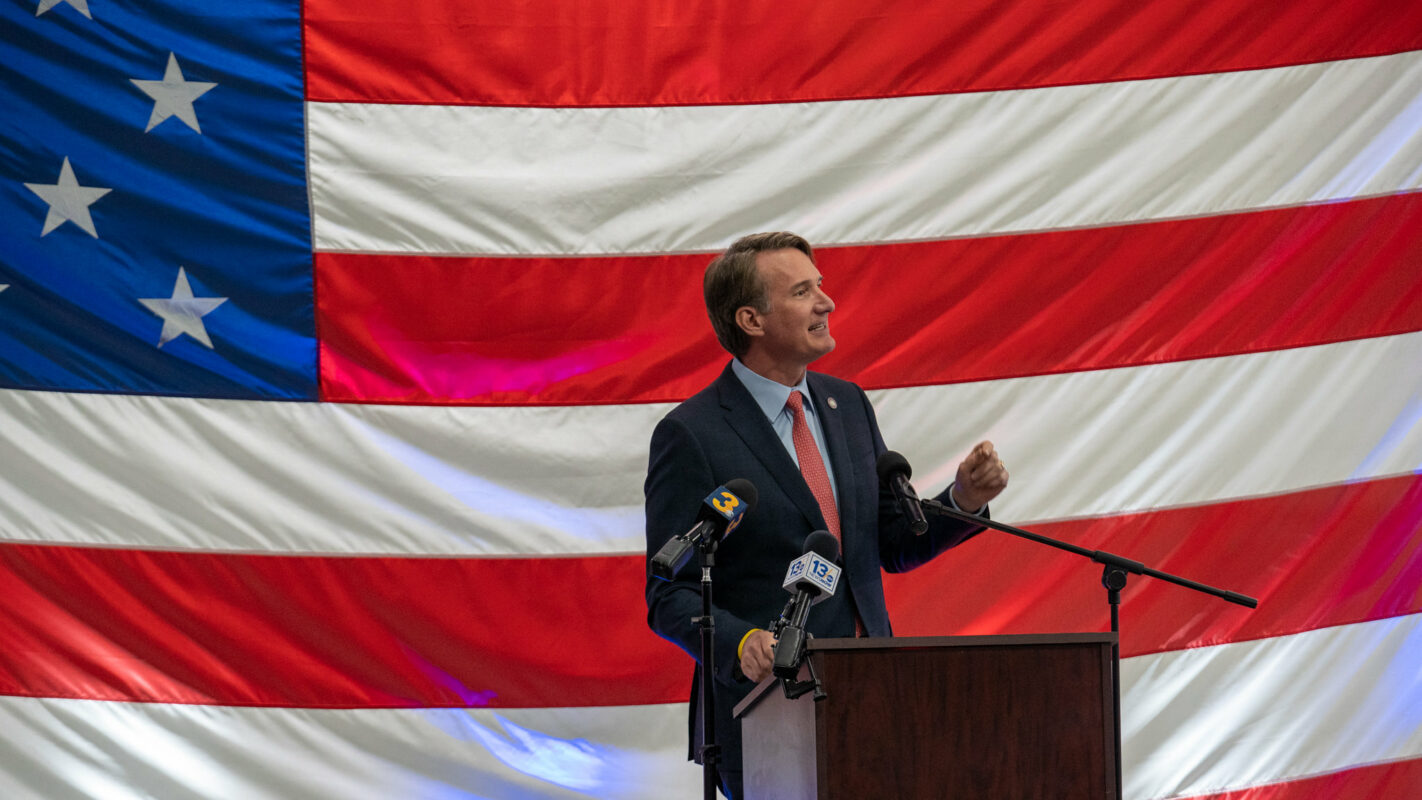As of now, the most important date in next year’s presidential calendar likely isn’t Nov. 5, 2024. It’s March 4, 2024—the official start date for Donald Trump’s trial in the federal election conspiracy case.
That’s assuming Trump doesn’t succeed in further delaying it. His legal team had laughably argued for an April 2026 start date—presumably plenty of time for him to figure out a backup plan to wriggle out of a conviction if he fails to win back the White House (which was his original backup plan).
But now we have a date from U.S. District Judge Tanya Chutkan, who clearly ain’t playin’. As Harry Litman, legal analyst and host of the “Talking Feds” podcast notes, Chutkan has found a sweet spot in the court schedule, given the Manhattan district attorney’s case against Trump slated for late March and the Georgia election conspiracy case against Trump, which will surely go to trial after March.
“Chutkan has coordinated with Bragg NY case, which will give ground,” Litman tweeted Monday, adding there’s “no way” Trump’s proceeding in the Fulton County, Georgia, case goes before March.
“This is the centerpiece now of accountability for Trump, which is as it should be,” Litman says of the federal case.
Chutkan has coordinated with Bragg NY case, which will give ground . And no way Trump goes in Fulton County before March. This is the centerpiece now of accountability for Trump, which is as it should be.
— Harry Litman (@harrylitman) August 28, 2023
It’s bad news for Trump, whose entire defense has been geared toward endless delays in order to avoid the appearance of actually being held accountable for his alleged criminal activity—like an average citizen would be, rather than an omnipotent cult leader.
Trump’s current start date in the federal trial comes one day ahead of Super Tuesday on March 5, 2024, making it almost impossible to prognosticate how the proceeding will affect his primary prospects, if at all. Beating the rap before Super Tuesday would have assured him the nomination, but now Republican voters in more than a dozen states could cast their votes without any earthly idea of how Trump’s first criminal trial of the year is progressing.
For now, Trump is still the clear Republican frontrunner, the nomination is his to lose, and he might tie it up well before acquittal or conviction. That leaves open the completely plausible scenario of Trump heading into the Republican National Convention as a convicted felon with the requisite delegates to win the Republican nomination.
Those most desperately hoping to avoid that scenario—wealthy Republican donors—are itching to marshal their collective resources against Trump, but still haven’t coalesced around an alternative candidate.
“Wealthy GOP donors still sitting out 2024 campaign, waiting for a consensus alternative to TRUMP to emerge, after the first debate in Milwaukee did not appear to shake up a primary dominated by the former president,” tweeted David Drucker, senior writer for The Dispatch.
Some donors are still holding hoping against hope that Virginia Gov. Glenn Youngkin will get in the race, but that possibility seems increasingly slim as the primary heads into its final stretch of the year before voting begins in 2024.
The bottom line is that one Republican hopeful has to make this a two-person contest with Trump very early next year. The quest to locate that individual, however, has only gotten more muddled over time. It’s a testament to how weak this field truly is.
Florida Gov. Ron DeSantis has wildly underperformed expectations in almost every way possible: as a strategic thinker, a retail politician, and a debater.
Sen. Tim Scott of South Carolina is well-liked and has a natural constituency among evangelicals in Iowa. But he looked a lot more like a vice presidential prospect than a real contender during last week’s debate.
Former U.N. Ambassador Nikki Haley put in a debate performance last week that likely thrilled many donors, but it remains to be seen if she will emerge as their favorite.
The next Republican debate is scheduled for Sept. 27. Once that’s over, it will likely be fish-or-cut-bait time for Republican donors. Whit Ayres, a veteran GOP pollster, told never-Trumper Bill Kristol it’s entirely plausible that Republican donors meet up in the next couple of months to settle on a Trump alternative.
But even if GOP donors manage to coalesce around a candidate, it’s no silver bullet. The fact that well-heeled Republicans believe Youngkin is some type of MAGA folk hero who could beat Trump suggests they’ve never met an actual Trump voter. Nonetheless, making the race a contest between Trump and one other person could conceivably turn the primary into an actual contest rather than a Trump coronation.
Ayres, who has polled the Republican base extensively, generally believes die-hard Trumpers account for about 35% of the party and never-Trumpers around 10%-15% of the party, with roughly half of the base being pro-Trump but potentially open to alternatives.
Those divisions would give the Republican Party at least a slim chance of averting Trump’s seemingly inevitable nomination. But even if, as President Joe Biden says, it’s never a good bet to bet against the American people, betting on GOP voters to make reasonable decisions seems an equally bad wager.
